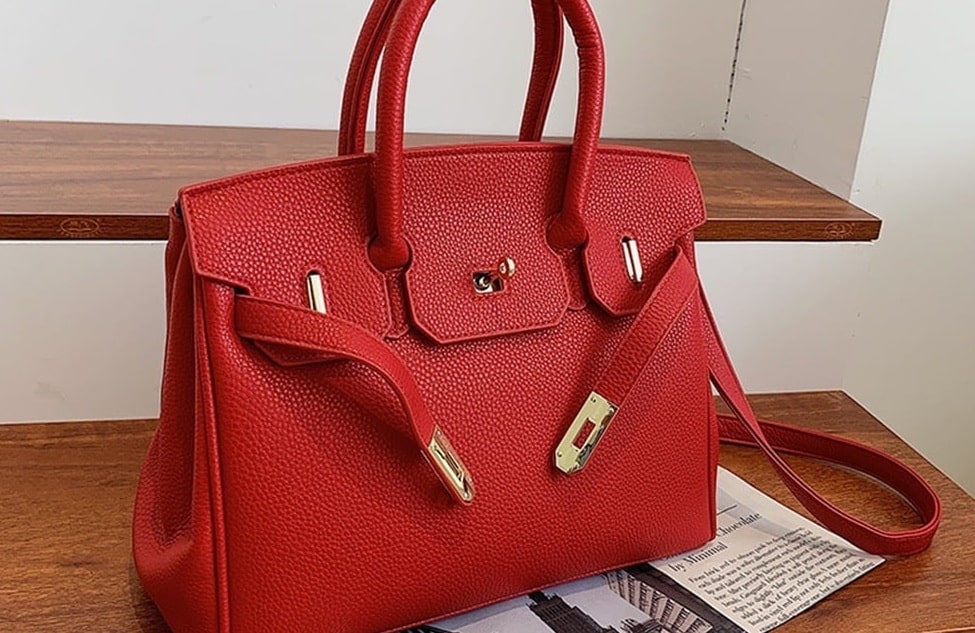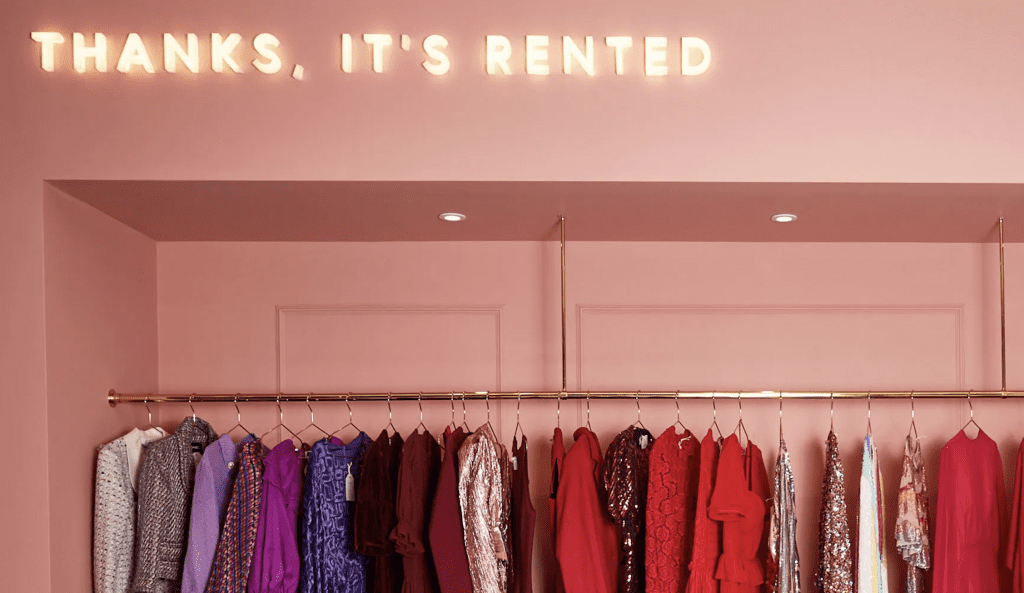Alessandro Michele is “stepping down” from the top creative role at Gucci after spending seven years at the helm, a relatively long tenure in light of the current model of two-to-three-year stints. In a statement on Wednesday evening, Gucci-owner Kering confirmed reports that Mr. Michele will vacate the role of Creative Director of Gucci, noting that Michele “has been at the creative helm of the House since January 21, 2015, and has played a fundamental part in making the brand what it is today through his groundbreaking creativity, while staying true to the renowned codes of the House.”
Gucci President and CEO Marco Bizzarri asserted in the statement on Wednesday, “I was fortunate to have had the opportunity to meet Alessandro at the end of 2014, since then we have had the pleasure to work closely together as Gucci has charted its successful path over these last eight years. I would like to thank him for his 20 years of commitment to Gucci and for his vision, devotion, and unconditional love for this unique House during his tenure as Creative Director.” Meanwhile, Michele, himself, asserted, “There are times when paths part ways because of the different perspectives each one of us may have. Today an extraordinary journey ends for me, lasting more than twenty years, within a company to which I have tirelessly dedicated all my love and creative passion. During this long period Gucci has been my home, my adopted family.”
As of now, Kering revealed that “Gucci’s design office will continue to carry the direction of the House forward until a new creative organization will be announced.”
The creative change-up comes amid slowing growth for Gucci, the biggest brand under Kering’s umbrella, and consensus among analysts that change was needed in order to get the brand back on track in terms of growth. Reflecting on Kering’s Q3 results last month, Jefferies’ analysts Flavio Cereda and Kathryn Parker, for instance, stated that Gucci – whose “shortcomings are more obvious” – is still in “an odd limbo as it seeks to regain brand appeal, but China is not helping and this is not changing anytime soon.” The brand, which generates almost half of the group’s revenue, “needs a trend reversal with some urgency, yet we fail to see how in the short term.”
More recently, Bernstein analysts Luca Solca, Maria Meita, and Renny Shao stated in a note on Wednesday morning in light of reports of a creative reshuffling that their “thesis” is that Gucci is “suffering from brand fatigue, as Alessandro Michele has been doing more of the same for seven years.” Consumers who purchased a lot of his Gucci offering early on in his tenure – namely, luxury-happy Chinese consumers – have gotten “bored,” which the Bernstein analyst say is “not surprising.” In order to re-accelerate growth, Gucci “does not need to move to the mainstream or to become timeless,” they asserted. “It needs to open a new creative chapter, [which] in all likelihood — can only be done with new creative energy and talent.”











